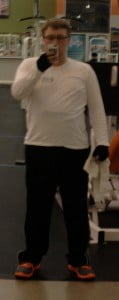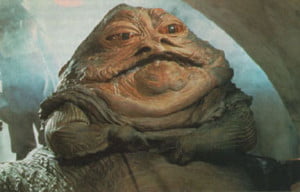There have only been three books that have made me completely depressed to the point of tears. The first case, I read Where the Red Fern Grows in fourth grade and I will admit I was bawling at the end. Second, when I read Dobby’s death in Harry Potter and the Deathly Hallows. But in both cases I was able to get over the emotion quickly. The first chapter of The Lovely Bones set a horrible taste in my mouth. It has kept me angry not only at the events but I honestly feel like some details do not need to be written regardless of free speech. It crossed a line on what kind of content and images I want in my mind. But that’s my opinion.
The rest of the concept of the novel was … interesting. As a deeply religious person, I have hope for what heaven will be like for everyone. And based on my personal beliefs of heaven, I’ve never imagined grief on behalf of someone innocent like Susie. I can see someone like Mr. Harvey experiencing grief when he dies because, as a Christian, I believe and hope that murderers get their eternal judgment when they die. The concept that Susie would be filled with grief, not just for her unsolved murder, but because of missed opportunities is not something I had really thought about so that part was interesting to me.
However, aside from the horrible concept of hurting a child, I had other problems with the novel. As one of my classmates said, using Susie as the narrator began to feel like a gimmick. And I am leaning in agreement there. If not a gimmick, then at least a poorly assessed tool for narrating the story. It some ways Susie’s narration feels like an excuse for the writer to be able to bounce from person to person. But just because I didn’t like it doesn’t mean that it doesn’t work as a method of telling the story. Overall, there was a depressing realism to the method. Bad stuff happens, especially to kids, and the culprit can go unpunished and even though Susie is following people around hoping for resolution, unfortunately it doesn’t really happen. At least not the way she wanted it. (That’s why I hope for eternal judgment).
So overall it was an interesting story. But content wise, I’m not going to recommend this to anyone. I feel that the method of her death was just for shock factor and I feel, personally, it crossed a line. If this wasn’t required reading, I never would have read it.




